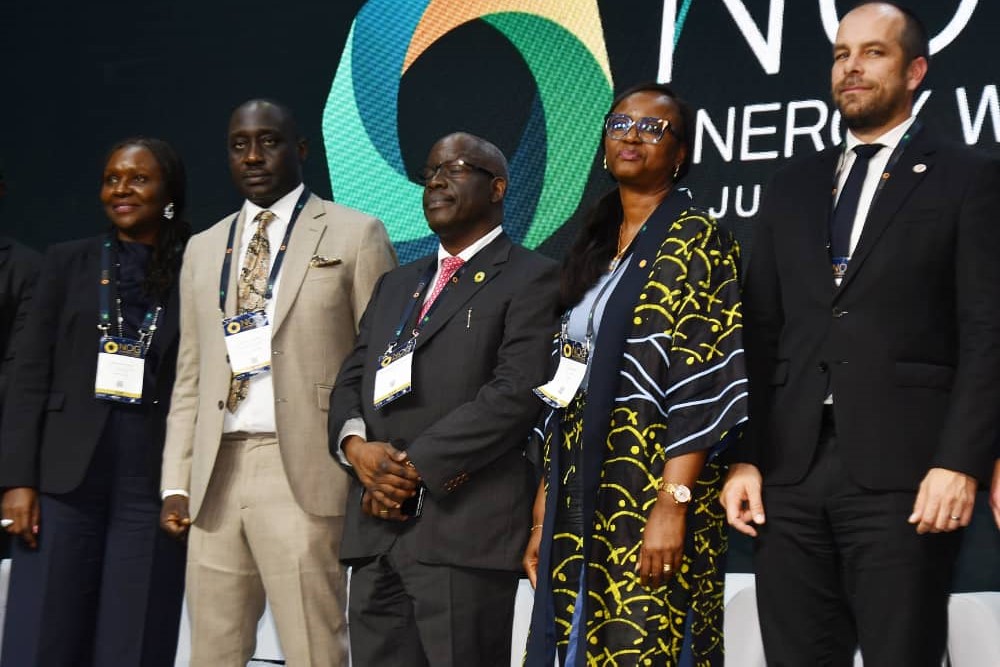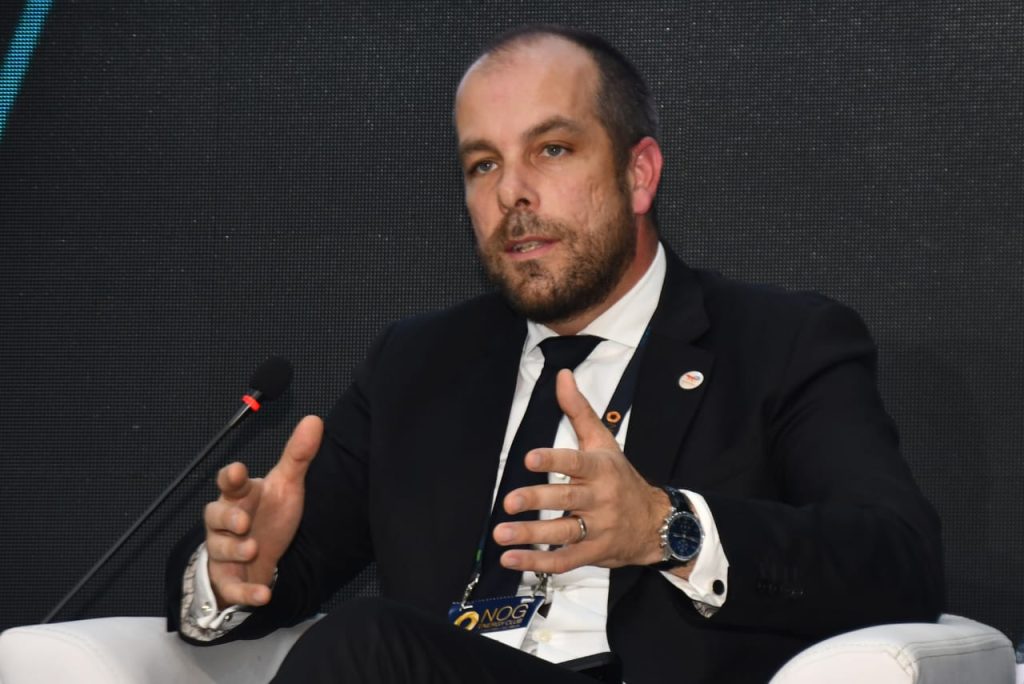
Operating climate not OK for deepwater investments __TotalEnergies
- Nigeria risks capital flight
Sopuruchi Onwuka
Nigeria has not seen any major petroleum exploration and development investment recently in the deepwater terrain due to local conditions that drive cost and drain returns; and the recent executive order by the government to incentivise activities prove inadequate to offset commercial shortfalls.

And TotalEnergies warns that Nigeria has limited time to draw international investments into deepwater development or risk diversion of funds to more competitive operating environments around the continent and the world.
Country Chairman and Chief Executive Officer of TotalEnergies Exploration and Production Nigeria Limited, Mr. Mathieu Bouyer, who was speaking in a panel discussion at the 2024 Nigeria Oil and Gas (NOG) Energy Week in Abuja, stated that operating terms account for the investment lethargy in the region.

“Today, each company capable to work in deepwater is benchmarking these opportunities versus portfolio alternatives. So it’s important to be competitive and agile to accommodate requirements. Resources will not disappear; they are here but they will be pushed to a later stage while the country needs them now, he declared”
In describing the cycle of operational issues that deterred investments in the Nigerian deepwater petroleum operations in the past 10 years, Mr Bouyer pointed at mass exit if international service firms from the country, consequent loss of competition in the local services market, low commercial returns and uncongenial fiscal terms.
He clarified that the Nigerian operating environment is fraught with challenges relating to multiple taxation and levies, changes in fiscal terms, dearth of contractors, uncompetitive returns on investment in comparison with regions in regional markets and comparatively high operating cost.
He noted that mass exit of contractors from the country has exacerbated lack of competition in the sector, adding that measures need to be deployed in attracting more service providers into the country.
In emphasizing the urgent need to lure back more contractors into the Nigerian play, Mr Bouyer made it clear that investments would not be possible in an environment where costs are comparatively too high. He added that the incentives provided in the presidential executive order in the industry cannot address issues relating to fundamental factors of production.
“Even with the fiscal incentives, if the costs are too high, investment will not be possible, therefore, there is need for competition to drive the costs down. As Capex are capped, arbitration are made. So it’s important to be competitive and agile to accommodate requirements,’’ he said.
Mr. Mathieu Bouyer called for healthy competition that would drive operating costs of production down, stressing that the deep water segment of oil and gas industry in Nigeria has been stuck for 10 years since the Egina Final Investment Decision (FID).
In buttressing how good policy measures spur commercial investments, Bouyer pointed at the recent executive order issued in March, and called on government to replicate similar fiscal terms in the deepwater development.



